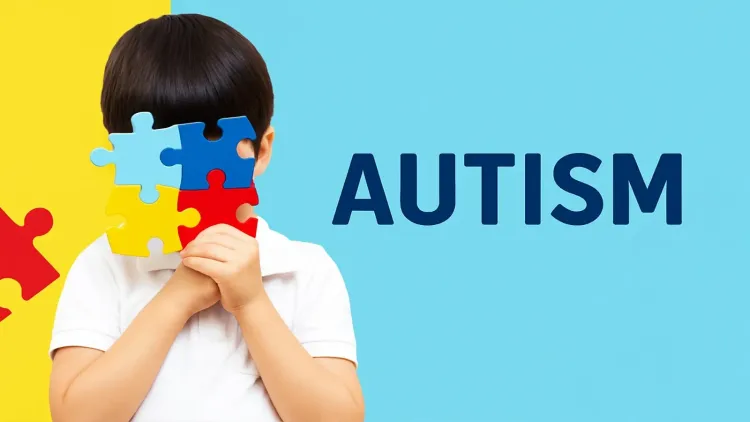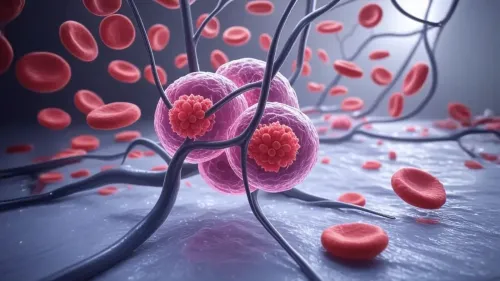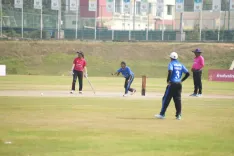Is There Strong Evidence for Acupuncture and Music Therapy in Autism Treatment?

Synopsis
Key Takeaways
- No strong evidence supports acupuncture and music therapy for autism.
- Safety assessments for these treatments are often lacking.
- The study involved over 10,000 participants and 200 clinical trials.
- Many families seek alternatives, but caution is advised.
- More rigorous studies are needed to evaluate CAIMs effectively.
New Delhi, Aug 28 (NationPress) A recent study has revealed that there is no substantial evidence to endorse the use of complementary and alternative therapies, including acupuncture and music therapy, for individuals with autism. Conducted by researchers from Paris Nanterre University, Paris Cité University in France, and the University of Southampton in the UK, the study indicated that the safety of these therapies is seldom evaluated.
Professor Richard Delorme, Head of the Child and Adolescent Psychiatry Unit at Robert Debré Hospital in Paris, stated, "Many families of autistic children and autistic adults seek complementary and alternative medicines in hopes of finding relief without negative side effects." He emphasized the importance of evaluating evidence from thorough randomized trials before deciding to pursue these treatments.
The research, published in the journal Nature Human Behaviour, analyzed 248 meta-analyses, which included 200 clinical trials encompassing over 10,000 participants. The researchers focused on the effectiveness and safety of complementary, alternative, and integrative medicines (CAIMs) aimed at treating autism.
They examined 19 different treatment modalities, including animal-assisted interventions, acupuncture, herbal remedies, music therapy, probiotics, and Vitamin D. Additionally, the research team developed an online platform to facilitate access to the evidence they compiled on various CAIMs.
Individuals with autism often face challenges in communication, understanding emotions, coping with sensory overload, experiencing anxiety in new environments, and exhibiting repetitive behaviors, all of which can negatively affect their quality of life. It is reported that up to 90 percent have tried CAIMs at least once.
Although some treatments appeared promising, the majority of studies were backed by weak or low-quality evidence, rendering their effects unreliable. Alarmingly, safety evaluations were lacking for most therapies, with less than half of CAIMs undergoing any assessment of acceptability, tolerability, or adverse events, according to the research team.










